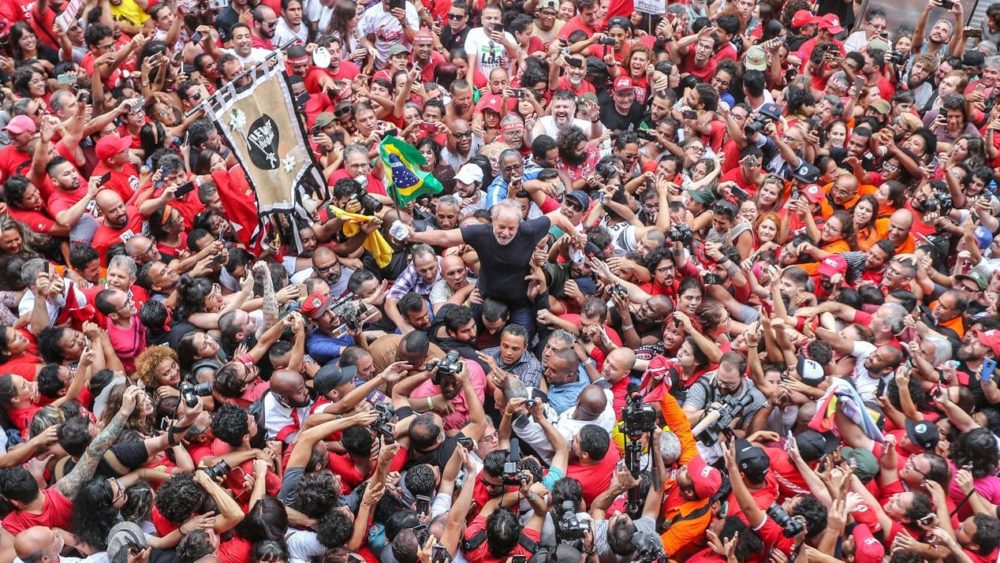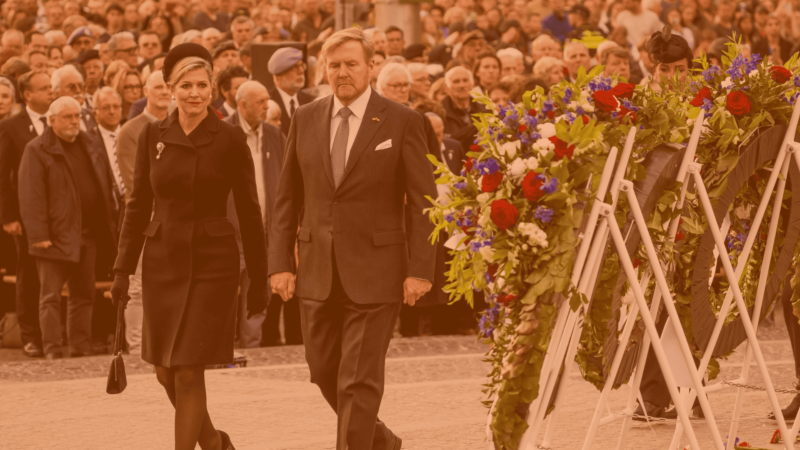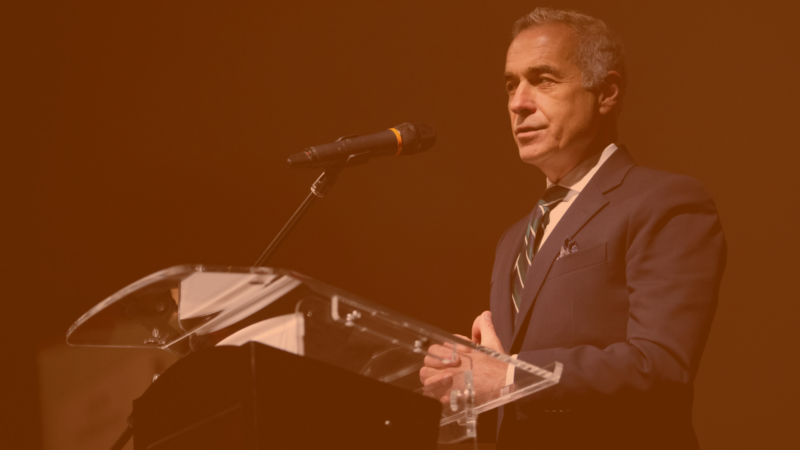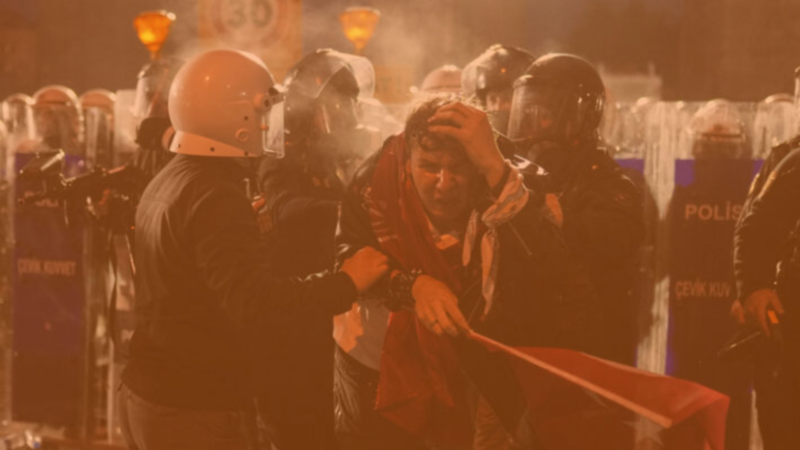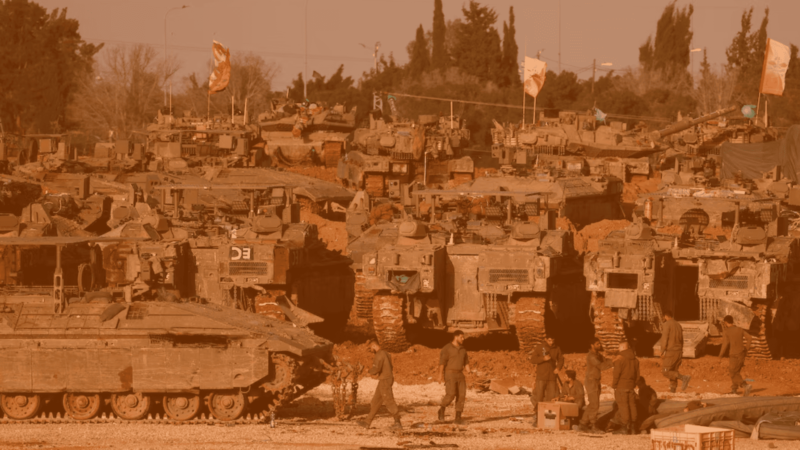On 24 March 2021, the Supreme Court of Brazil declared Sergio Moro to have been biased in one of the biggest and most publicised corruption trials in the history of the country. All of the trials and corruption charges held against Lula Ignacio da Silva, the former president, have been dropped.
What happened? Was Lula really corrupt or did his imprisonment, timed to stop his candidacy in the 2018 General elections, pave the way for Bolsonaro’s presidency? Before his conviction, Lula’s election projection was at a solid 35% to Bolsonaro’s 13%. As long as the former president was in the running, Bolsonaro and his right wing agenda stood no chance of winning.
A wave of popular discontent swept Brasil with the 2013 Passe Livre demonstrations that started in Rio de Janeiro and took over the largest cities in Brazil, fast on the heels of the 2011 Arab Spring and Occupy Wall street movements. In 2014, the country was to host the FIFA World Cup, and huge construction projects peppered the state capitals. The 2014 World Cup and the Rio Olympics of 2016 had been awarded to Brazil during the Lula presidencies and were a confirmation that the country had made it into the big boys club: by 2011 it was the fifth global economic power and a founding member of BRICS in 2009.
Lula Ignacio da Silva exited the presidency after two highly successful mandates with an unprecedented 87% approval rating, economic growth of 7.5% (built on the twin engines of commodities and consumption) and a strong currency. A man of the people, an ex metal worker and union leader had turned Brazil into an economic force to be reckoned with.
Brazil as a state was created from what was left of a portuguese slave colony. Its economy built on agricultural and mineral commodities using the colonial extractivist model and low-wage workforce model inherited from the slave trade. The wave of discontent sweeping the country from 2013 and directed at the successive PT governments post 2008 world financial crisis (after the economic highs of 2009-2011) was seen as an opportunity by the elites to take back control of the country and its resources: even more so after the discovery of the huge oil reserves, known as the Pre-sal, in the sea beds on the Rio de Janeiro coastline.
Lula’s two presidencies had achieved unprecedented social mobility
They took millions of people out of poverty, and rendered Brazil a world economic and environmental leader. In response, hatred against Lula and his workers party was stoked daily for years:
“Today we are living in times when hatred against the PT is stoked 24 hours a day. It is the party that has advanced social policies the most in this country. The party that in a mere 12 years changed the history of this country. We gave workers a face; we gave a face and citizenship to the poor. All the things they never had. That’s why the hatred is fostered by people who don’t know how to share public spaces with people who came from below.”
Indeed Brazil’s economic miracle had a face: the people, the new middle class rising from poverty and abjection that started to populate malls, max their brand new credit cards, take holidays in europe and disneyland in florida.
The media empires owned by some of the wealthiest families in Brazil (Globo and Folha group) had waged a relentless war on Lula and his PT workers party ever since the 70s, at the beginning of his career as a metallurgic worker unionist. Lula famously said during the corruption trials orchestrated against him that he had never had any judicial privacy. His life was scrutinised and publicised right from the beginning of his political career in 1972, looking for ways to stop his ascendancy to the presidency. His first election attempt was marred by lies and manipulation by the media.
The 2016 judicial overthrow of the fourth PT government in a row was the culmination of years of work by the country’s right wing reactionary forces led by billionaire elites that called to its aid the vast network of neo-pentecostal congregations, US intelligence services, the military as well as parts of its judiciary in the anti-corruption Car Wash task force. As revealed through numerous leaks, the coup was the only way an oligarch-serving right-wing government could be installed, by-passing completely any democratic processes. A coup articulated and empowered by the largest media empire in the country that paved the way for Bolsonaro and his neo-fascist government.
After the judicial coup of 2016 there has been a steady erosion of all social and economic advances won by the people of Brazil. This has taken place through a string of legislative maneuvers, exacerbated in the Bolsonaro presidency and its programmed dismantling of the country’s social and economic infrastructures, environmental protections and international position: policies supported and advanced by the media and elites that see social mobility to be in the way of its business model. In fact, the brazilian elite and its economic power are among the ones that least believe in the distribution of wealth or in giving back to the country and its people. Indeed:
“For elites who extract their wealth from chunks in the state, productivity and social mobility are irrelevant.”
With the election of Bolsonaro, Brazil has entered in full swing in its own right-wing counterrevolution
Unfortunately, the media and its owners won an important battle. At the time of writing this article the country is ripped apart by a covid death toll that counts more than 3,000 deaths daily. It is also suffering from an economy marred by a return to poverty for millions of brazilians, the selling off of state assets to private investors, the end of social and education policies that had benefited millions of the poor and working class, as well as an unprecedented destruction of the Amazon Rainforest and its resources at the hands of illegal loggers and miners. Ecocide in the forests and genocide of the indigenous populations hark back to the destructive policies of elite and military dictatorships. Bolsonaro and his sons — 3 out of 4 being elected officials — are apologists of the 1964 military coup and have defended the right to commemorate it on 31 March.
Bolsonaro, far from being an inept and incompetent president lacking maturity as is often portrayed, is totally aligned with other right wing and neo-fascist leaders in policy and stance. His mentors and ideological leaders are extreme right wing figures like the homegrown Olavo de Carvalho and Steve Bannon, who has been recruiting the Bolsonaro clan to his apocalyptic world views.
A mainstream media narrative has started to emerge placing Lula and Bolsonaro as two extremist populists, making a possible election run off in 2022 between the two a difficult and complicated choice. But make no mistake: Lula in his comeback speech defended public education and health, science, and preached dialogue with all sectors of society. His polarisation is against Bolsonaro’s authoritarianism and politics of death. While the elites may decry the return of Lula as a danger to their hegemony, the country, the continent, is on the point of ecological and economic collapse.
The views and opinions expressed here are those of the author(s) and do not necessarily reflect DiEM25’s official policies or positions.
Photo: Lula embraced after the announcement from the STF.
Photo Source: Ricardo Stuckert on Fotos Publicas.
Do you want to be informed of DiEM25's actions? Sign up here





